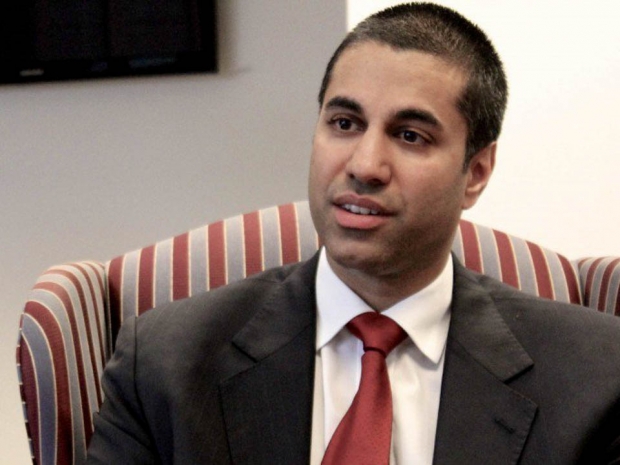The winner-take-all nature of politics in Washington DC has placed FCC commissioner Ajit Pai in a position not only responsible for the competitive landscape of cable and wireless industries, but also for the shift of network management power dangerously back into the hands of a select few large corporate interest groups. Former FCC commissioner Tom Wheeler says that the lack of neutral access regulations, along with the current toxic merger landscape, will prove central themes that precede the Republican-controlled commission’s efforts to foster an industry led by heightened innovation and investments in communications resources.
Agency restructuring with focus on deregulation
The basic idea that former FCC counselors have been floating is that Republican regulators seek to turn the commission into little more than a talking box, mainly as efforts to reduce the size of big government and eliminate regulatory overhead become top administration priorities. There are two methods of achieving this, the first of which requires an extensive overhaul of telecom law to strip it of its current regulatory strength, though this process is very time consuming and may take more resources than available in one four-year term. The second option is to reorganize the FCC in smaller ways, including a shift in responsibilities to the Federal Trade Commission (FTC), and more recently the creation of a Broadband Deployment Advisory Committee to give recommendations on broadband deployment across the country.
Network management and investment interests may shift back to carriers
During his first meeting two weeks ago, commissioner Ajit Pai exclaimed that his mission statement over these next four years is to “eliminate unnecessary and burdensome rules” at the commission while focusing on bridging the digital divide between low-access communities and those with large network buildouts. Yet in the process, it seems he is giving a nod to streamlining regulations while handing network management practices and investment back into the hands of the “big four” oligopoly – AT&T, Time Warner, Verizon and Comcast.
From a business perspective, these groups of concentrated American telecom powerhouses are simply competing for control over how much we rely of them for access to what we watch, see and hear. Regardless of commissioner Pai’s policy targets, Wheeler has noted that these four companies should really focus on serving the public interest in order to solve any limitations afforded by the government.
Small broadband startups have more potential to provide for low-access communities
When the Open Internet Order was enacted in 2010, broadband investments increased, along with investments in broadband companies, overall industry revenues and deployment of fiber networks. While the new commission has remained undecided on attempts to scale back network neutrality protections, the outcome suggests that revenues will shift back towards the big four and away from smaller broadband startups who are more likely and willing to have rural subsidies for broadband access in low-access communities. It sounds a bit contradictory, but we're sure to see companies like AT&T charging customers too high a price for basic network service in low-access areas that could be expanding much more quickly through smaller startups more than willing to invest in these target population groups.
For the new commission to be successful in its mission statement, it must ensure that oligopolies are not the only beneficiaries of investment resources for bridging the digital divide while modernizing the approach it takes to slowly unburdening regulations for the four key technology groups it addresses – broadband, wireless, television and radio.




